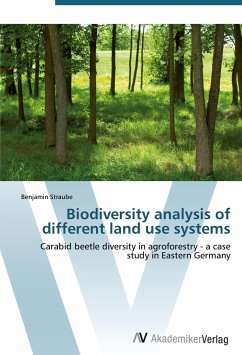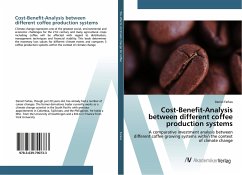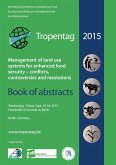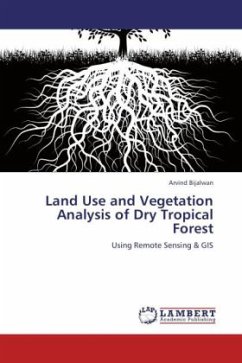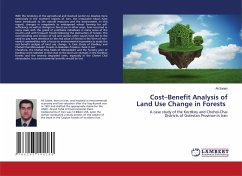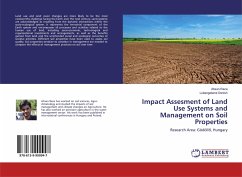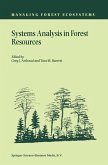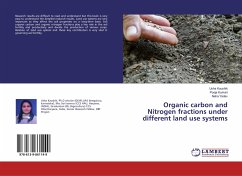Climate change, deforestation, food shortages and resource exploitation can all be addressed by changing land use practices. Alley Cropping systems are land use alternatives that incorporate hedges into agricultural fields and offer biomass and agricultural products. In order to assess the ecological benefits of Alley Cropping systems a carabidae biodiversity investigation was performed. This beetle family has been widely explored and serves the purpose of bioindication. The study aimed to clarify whether implementing Alley Cropping systems on artificially introduced soils of opencast restoration areas shows greater biodiversity than short rotation coppices and conventional agriculture. Over a timeframe of four months ground beetles were sampled with pitfall traps. The ground beetle community of the Alley Cropping system proved to significantly differ from those communities in similar habitats. Moreover, it also significantly differed from the carabid beetle community recorded inWelzow-Süd in 2008. Due to the young age of the land use systems further studies on the different succession stages at different times would certainly be of interest.
Bitte wählen Sie Ihr Anliegen aus.
Rechnungen
Retourenschein anfordern
Bestellstatus
Storno

